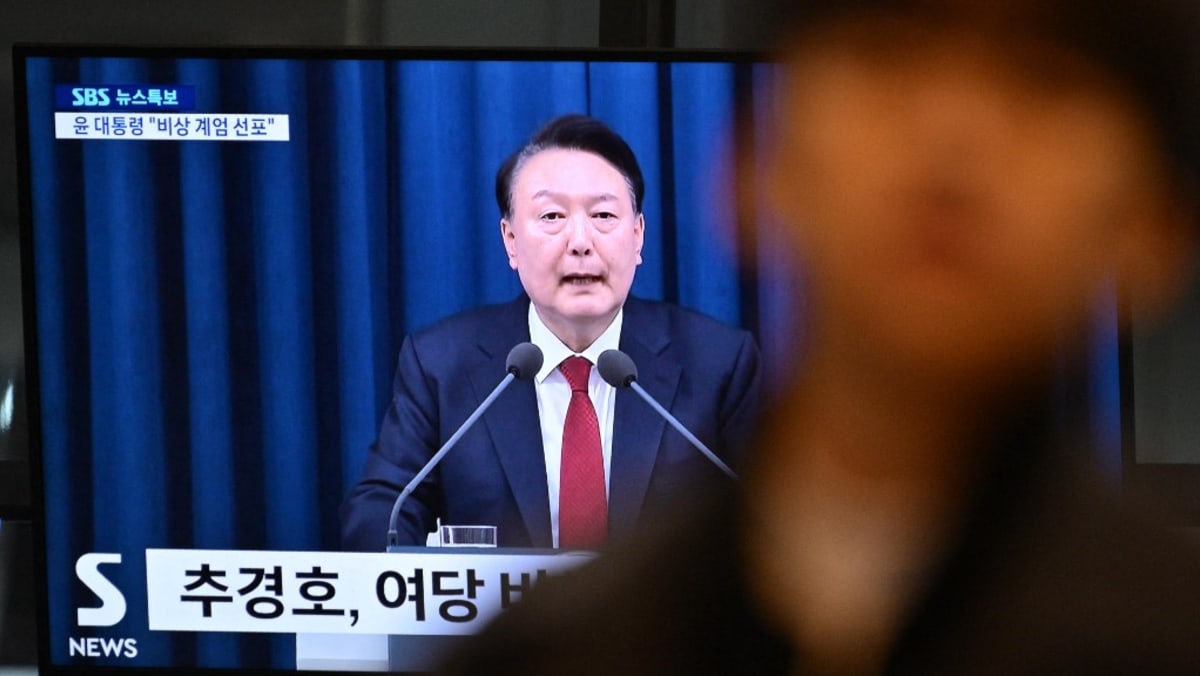The US embassy urged citizens in South Korea to avoid areas where protests were taking place, while some major employers, including Naver Corp and LG Electronics Inc, advised employees to work from home.
Financial markets were volatile, with South Korean stocks falling about 1.3 per cent and the won stable but close to a two-year low. Dealers reported suspected intervention by South Korean authorities to stem the won’s slide.
Finance Minister Choi Sang-mok and Bank of Korea Governor Rhee Chang-yong held emergency meetings overnight and the finance ministry promised to prop up markets if needed.
“We will inject unlimited liquidity into stocks, bonds, short-term money market as well as forex market for the time being until they are fully normalised,” the government said in a statement.
Sales of canned goods, instant noodles and bottled water had soared overnight, said a major South Korean convenience store chain, which sought anonymity.
“I’m deeply disturbed by this kind of situation, and I’m very concerned about the future of the country,” 39-year-old Seoul resident Kim Byeong-In told Reuters.
The National Assembly can impeach the president if more than two-thirds of lawmakers vote in favour. A trial by the constitutional court follows, which can confirm the motion with a vote by six of the nine justices.
Yoon’s party has 108 seats in the 300-member legislature.
